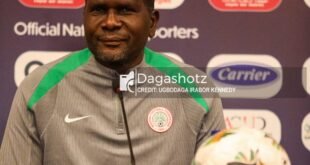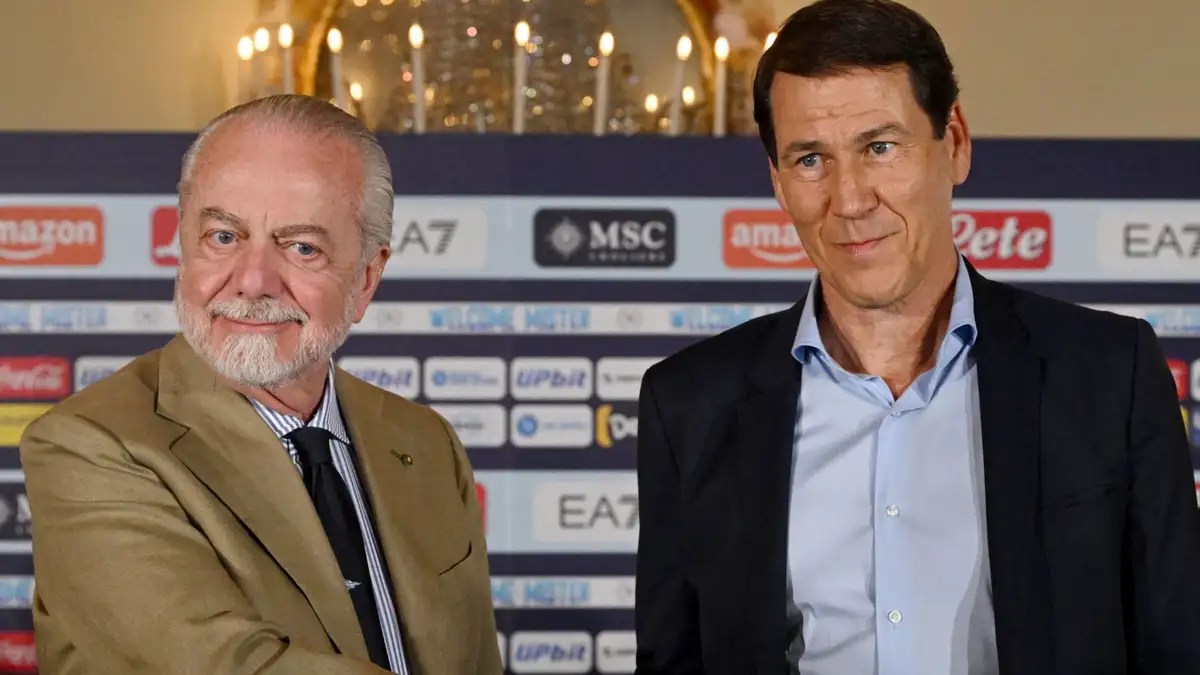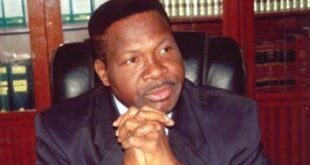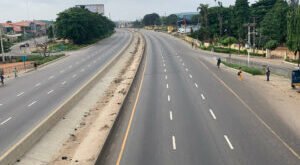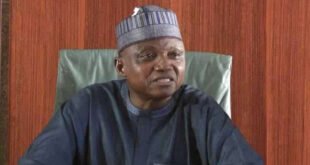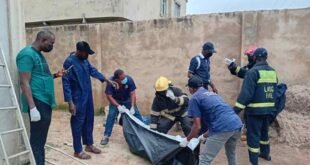The Electric Consumer Protection Advocacy Center (ECPAC), on Friday, has denied the new claim by the Minister of Nigeria, Adebayo Adelabu, who stated that around 150 million Nigerians are now enjoying adequate electricity access.
Adelabu made a statement during the 2025 sectoral renewal conference held in Abuja on Thursday, crediting the progress of Nigeria to the “Mission 300” initiative. It is a collaborative program by the World Bank and African Development Bank which aims to send electricity to 300 million Africans in 2030.
But ECPAC is not sure. The group’s executive director, Head of Princewill Okorie, described the Minister’s claim as “lies for the Nigerians,” quoting the inconsistency and lack of consumer data to support the statement.
“What is the source of the data?” Okorie asked sharply. “This is not just about quoting numbers. What validates the data? As I talked about, I did not have electricity in my house. It came at midnight and disappeared in three hours. This kind of fraud was tiring for Nigerians.”
Okorie further criticized the alleged Ministry’s Detachment from Public Reality. “Where did the Minister conducted a research that gave him a figure like that? Has he involved civil society organizations since he took over the position? We have long encouraged the consumer protection unit in the ministry to bridge the gap between data and living experience.”
Also read: Coalitions led by Atiku against Tinubu Wear-Fayose
While the minister claims significant progress, official data describes a simpler picture.
According to the National Statistics Bureau (NBS) in the Q2 2024 report, Nigeria only has 12.99 million registered electricity customers, up from 12.33 million in Q1. In addition, the Nigerian Electricity Regulatory Commission (NERC) reported that only 6.15 million customers were measured on September 30, 2024, leaving around 53.85% of registered users who were not measured and therefore vulnerable to billing estimates.
Further numbers show a gradual increase in electricity customers from 10.37 million in 2020 to 12.99 million in Q2 2024, a positive trend but not correlated with a statement of sweeping the minister that nearly 150 million people have adequate access to power.
“The data mentioned by the Minister does not reflect the daily struggle of millions of Nigerians. Having an electric account does not mean having electricity,” Okorie stressed.
Join the conversation
Supports Nigeria’s ripples, resistant Journalism Solutions
A balanced and fearful journalism that is driven by data comes with enormous financial costs.
As a media platform, we ask for leadership accountability and will not trade the right to suppress freedom and freedom of speech for a piece of cake.
If you like what we do, and ready to uphold journalism solutions, friendly Nigerian ripples cause.
Your support will help ensure that residents and institutions continue to have free access to credible and reliable information for community development.
Donation now
 JamzNG Latest News, Gist, Entertainment in Nigeria
JamzNG Latest News, Gist, Entertainment in Nigeria


